PWSA | USA is special because of YOU, our donors, who passionately give to support our mission. It is because of your generous gifts that we can provide help and hope through family support, advocacy, and research efforts. To celebrate and honor your generosity, each month we spotlight a donor and their story showcasing the dedication, gratitude, and optimism that defines us as a PWS community!
Our February Donor Spotlight highlights one of PWSA | USA’s anonymous donors, who has been a major contributor to our family support services and programs for decades. If you are interested in giving to PWSA | USA, there is always an option to keep your donation anonymous.
_____________________________________________________________________________
What motivates you to give to PWSA | USA?
About 32 years ago, my brother and his wife had their first child whose name is Brian. Brian was immediately scooped up by the NICU to try to figure out what was going on. Eventually, a diagnosis came in for Prader-Willi syndrome (PWS). That was the first experience our family had with knowing about the syndrome. Since that time, our extended family, my brother, his wife, my parents and siblings, our kids and all of Brian’s cousins, have learned more about PWS.
My husband and I were blessed with a business sale in 2003. It was at that time that we tried to figure out concretely how we could contribute to society, and in particular, to those who experience PWS and their families. We began donating in 2003 (to PWSA | USA) and we’ve continued since then.
We have learned a tremendous amount about this syndrome. We have watched and interacted with my brother, his family, and Brian. We just felt that it was important to be able to support not just him but also all those families who are impacted by PWS. The other thing that we have seen is that the need is great for those with the syndrome as well as their families, because it impacts the entire family. We’ve also seen progress. There is earlier detection, which is great. We also recognize that there is a more informed society. Thirty years ago, nobody I talked with knew what Prader-Willi syndrome was. Now when I talk to people, it’s, “Ahh, yes I do know what Prader-Willi syndrome is.” We also recognize that resources are more accessible and that there is more group help. I’m certain that the association has done a tremendous amount to impact that. Changes in technology have also helped foster the accessibility.
As we watched Brian grow (he’s an adult in a group home), we also learned that the need is great through the whole spectrum of life, the early years where diagnosis is critical, through the primary education years where so much help is needed, and into adulthood where the challenges of having PWS continue.
As far as our specific motivation for donating, first, we recognize that people, kids, and adults with PWS, wake up every morning and they still have the syndrome. It’s not going away. They’re constantly dealing with it. Second, we recognize that families of individuals with PWS wake up every morning and their family member still has the syndrome. It’s consistently there affecting all involved in special ways, sometimes with funny moments and at other times with crises solely because of the syndrome. We wanted our donations to be consistent to recognize that every hour, every day, every year, there are people with the syndrome and families affected by the syndrome. We felt that if we could provide some consistent support, we could contribute and help some of those families affected by PWS.
Do you have advice for other families, especially for extended family?
One key piece of advice that I have, primarily for extended family, is to keep in touch. Keep in touch with the individual who has the syndrome in whatever way works for you and for them. That has been wonderful I think for Brian, but it has also been wonderful for me, my husband, and our three kids. Brian and I talk probably two or three times a week on the phone. We have had many conversations about Star War Legos. I know exactly how many models he has in his room, on his bookshelves, and hanging from the ceiling. I’m sure these conversations are rewarding for him, but they have also been rewarding for me. Just the other weekend, I was traveling in Brian’s state and was able to swing by the group home where he lives. It wasn’t a long visit; I couldn’t go in the house because of COVID restrictions. But we met outside, and he opened the blinds on his window so we could look in his room and see his Legos. We were then able to take a 45-minute walk around his neighborhood. So, keep in touch. It may be a small amount of time or a longer phone call, but it’s worthwhile. The connection is really, really important.
What assistance have Brian and his family received from PWSA | USA?
Once Brian had the diagnosis, his parents connected immediately with PWSA | USA and became informed.
As time went on, PWSA | USA’s information, guidance or direct assistance was critical. As in the time that the school system needed an extra nudge to make a good IEP, or the time that a medical crisis needed some direction, or the time that his group home needed some evaluation/retraining. For the family, knowing that you are not alone is tremendously empowering when navigating the challenges, the world imposes on those with PWS. PWSA | USA provides that extra reassurance that you are not alone.
Why do you believe it is important to give?
I think we are all here in this world to help others. Everyone has a way to help someone else. Maybe it’s a phone call; maybe it’s contributing funds; maybe it’s leading an organization. But we all have a way to help. I think each of us needs to figure out that way. It’s a responsibility that we have. PWSA | USA is one of our choices – What’s yours?
Share this!
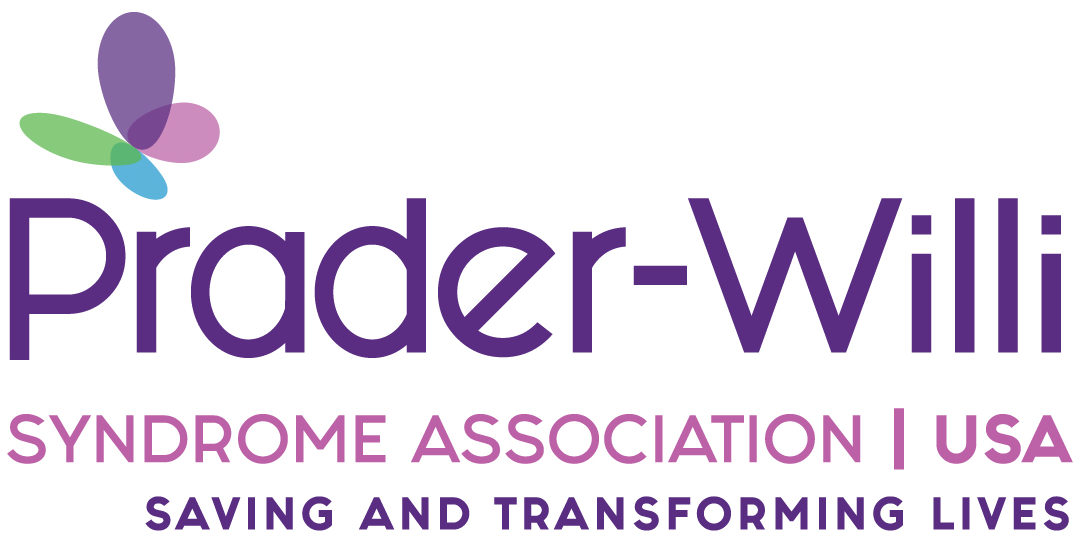
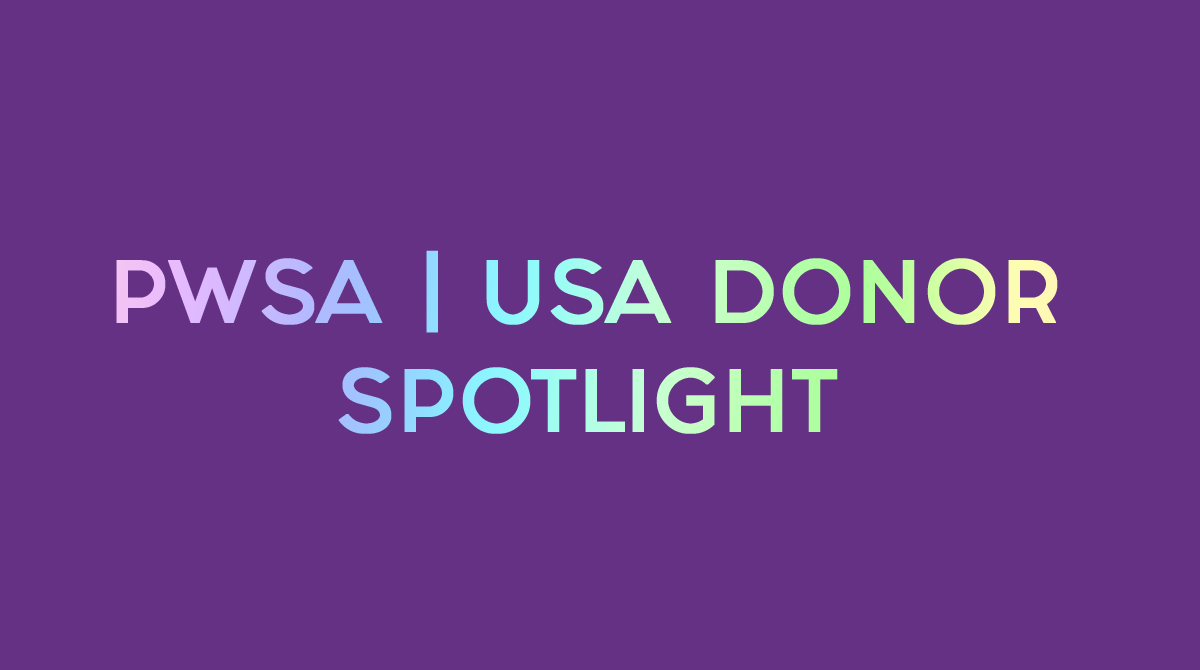
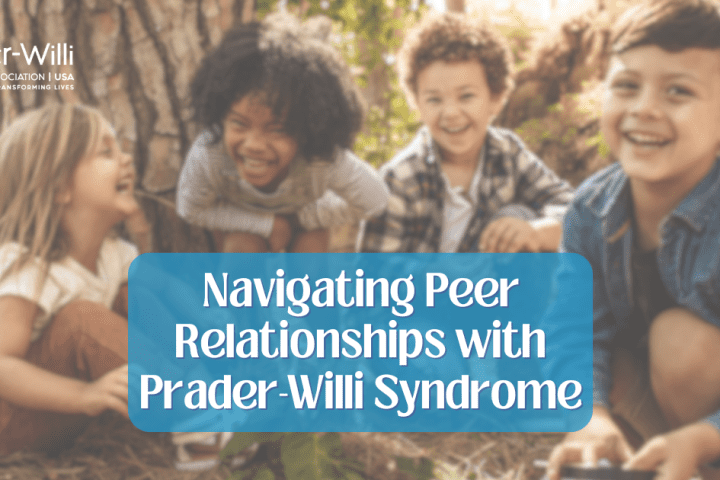
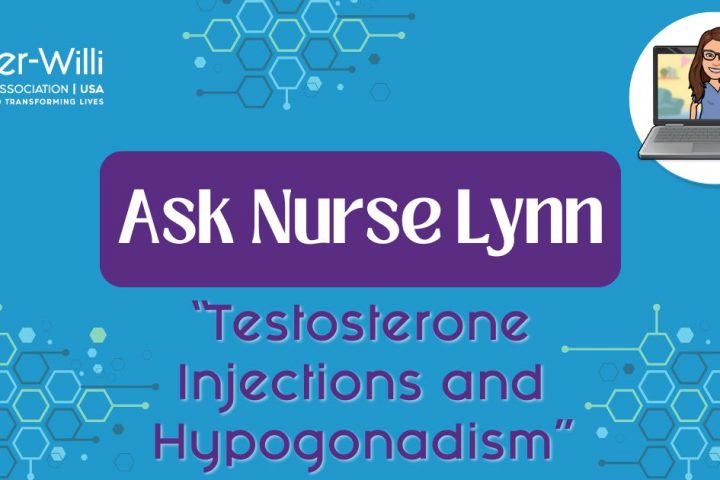
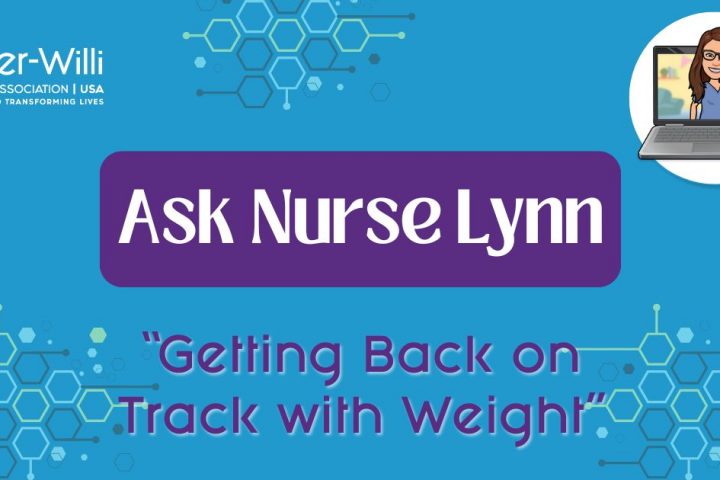
 Jennifer Bolander has been serving as a Special Education Specialist for PWSA (USA) since October of 2015. She is a graduate of John Carroll University and lives in Ohio with her husband Brad and daughters Kate (17), and Sophia (13) who was born with PWS.
Jennifer Bolander has been serving as a Special Education Specialist for PWSA (USA) since October of 2015. She is a graduate of John Carroll University and lives in Ohio with her husband Brad and daughters Kate (17), and Sophia (13) who was born with PWS. Perry A. Zirkel has written more than 1,500 publications on various aspects of school law, with an emphasis on legal issues in special education. He writes a regular column for NAESP’s Principal magazine and NASP’s Communiqué newsletter, and he did so previously for Phi Delta Kappan and Teaching Exceptional Children.
Perry A. Zirkel has written more than 1,500 publications on various aspects of school law, with an emphasis on legal issues in special education. He writes a regular column for NAESP’s Principal magazine and NASP’s Communiqué newsletter, and he did so previously for Phi Delta Kappan and Teaching Exceptional Children. Evan has worked with the Prader-Willi Syndrome Association (USA) since 2007 primarily as a Crisis Intervention and Family Support Counselor. Evans works with parents and schools to foster strong collaborative relationships and appropriate educational environments for students with PWS.
Evan has worked with the Prader-Willi Syndrome Association (USA) since 2007 primarily as a Crisis Intervention and Family Support Counselor. Evans works with parents and schools to foster strong collaborative relationships and appropriate educational environments for students with PWS. Dr. Amy McTighe is the PWS Program Manager and Inpatient Teacher at the Center for Prader-Willi Syndrome at the Children’s Institute of Pittsburgh. She graduated from Duquesne University receiving her Bachelor’s and Master’s degree in Education with a focus on elementary education, special education, and language arts.
Dr. Amy McTighe is the PWS Program Manager and Inpatient Teacher at the Center for Prader-Willi Syndrome at the Children’s Institute of Pittsburgh. She graduated from Duquesne University receiving her Bachelor’s and Master’s degree in Education with a focus on elementary education, special education, and language arts. Staci Zimmerman works for Prader-Willi Syndrome Association of Colorado as an Individualized Education Program (IEP) consultant. Staci collaborates with the PWS multi-disciplinary clinic at the Children’s Hospital in Denver supporting families and school districts around the United States with their child’s Individual Educational Plan.
Staci Zimmerman works for Prader-Willi Syndrome Association of Colorado as an Individualized Education Program (IEP) consultant. Staci collaborates with the PWS multi-disciplinary clinic at the Children’s Hospital in Denver supporting families and school districts around the United States with their child’s Individual Educational Plan. Founded in 2001, SDLC is a non-profit legal services organization dedicated to protecting and advancing the legal rights of people with disabilities throughout the South. It partners with the Southern Poverty Law Center, Protection and Advocacy (P&A) programs, Legal Services Corporations (LSC) and disability organizations on major, systemic disability rights issues involving the Individuals with Disabilities Education Act (IDEA), Americans with Disabilities Act (ADA), and the federal Medicaid Act. Recently in November 2014, Jim retired.
Founded in 2001, SDLC is a non-profit legal services organization dedicated to protecting and advancing the legal rights of people with disabilities throughout the South. It partners with the Southern Poverty Law Center, Protection and Advocacy (P&A) programs, Legal Services Corporations (LSC) and disability organizations on major, systemic disability rights issues involving the Individuals with Disabilities Education Act (IDEA), Americans with Disabilities Act (ADA), and the federal Medicaid Act. Recently in November 2014, Jim retired.